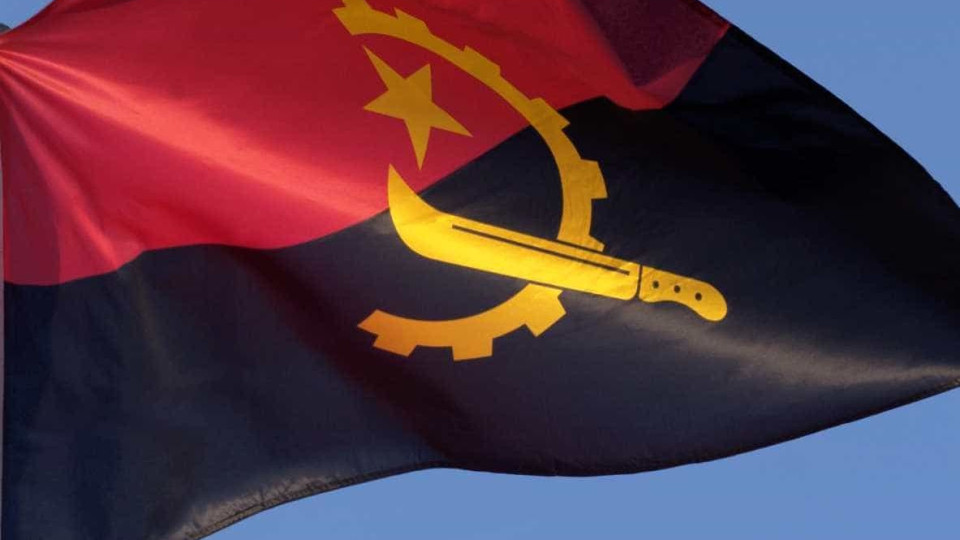Second phase of the general strike in Angola with "total paralysis"
Workers have stopped "completely", at the start of the second phase of the general strike, according to the trade union centers, which accuse the government of being "indifferent" to Angolan families who are unable to have three meals a day.

© iStock

Mundo Sindicatos
"Colleagues understood the message and if you go to hospitals, schools, public offices, notaries, [identification services], courts, there is in fact a total standstill," said Teixeira Cândido today, one of the spokespersons for the Angolan trade union confederations.
Speaking to Lusa, the trade unionist stated that the strike is not the result of a mere desire on the part of Angolan workers, but rather the "indifference of the Angolan Government to the constant concerns in the trade union confederations' list of demands".
The workers "are being pushed to act this way in the face of the Government's indifference to the constant concerns in the trade union confederations' list of demands, and we have to comply with this phase until the 30th [of April]," he stressed.
Today, Angolan workers are observing the first day of the second phase of the general strike, called by the General Confederation of Independent and Free Trade Unions of Angola (CGSILA), the National Union of Angolan Workers - Trade Union Confederation (UNTA-CS) and the Trade Union Force - Trade Union Confederation (FS-CS), which should last until the 30th of this month.
An increase in the minimum wage, an adjustment to civil service salaries and a reduction in taxes are among the demands in the list of demands sent to the Angolan President, João Lourenço, in September 2023.
For Teixeira Cândido, also secretary-general of the Angolan Journalists' Union, the Angolan Government is "indifferent" to the concerns of the workers, "which is why it does not negotiate and has not presented proposals that come close to the demands of the trade union confederations".
"This is a response to the cost of living, due to our inability to provide our families with the minimum for 30 days. This is the reality across the board, from Cabinda to Cunene, today it is a luxury to have three meals," lamented the trade unionist.
In the list of demands, the three trade union confederations demand an increase in the national minimum wage, from the current 32,000 kwanzas (35 euros) to 245,000 kwanzas (268 euros), a proposal that has since been relaxed to 100,000 kwanzas (109 euros), a 250% readjustment of civil service salaries, and a 10% reduction in personal income tax (IRT).
The Angolan government decided to propose a minimum wage based on the size of the company, namely 48,000 kwanzas (52 euros) for small companies, 70,000 kwanzas (76 euros) for medium-sized companies and 96,000 kwanzas (104 euros) for large companies, which was rejected by the unions.
Read Also: IMF predicts Angola's growth sustained by non-oil sector (Portuguese version)


Descarregue a nossa App gratuita.
Oitavo ano consecutivo Escolha do Consumidor para Imprensa Online e eleito o produto do ano 2024.
* Estudo da e Netsonda, nov. e dez. 2023 produtodoano- pt.com



